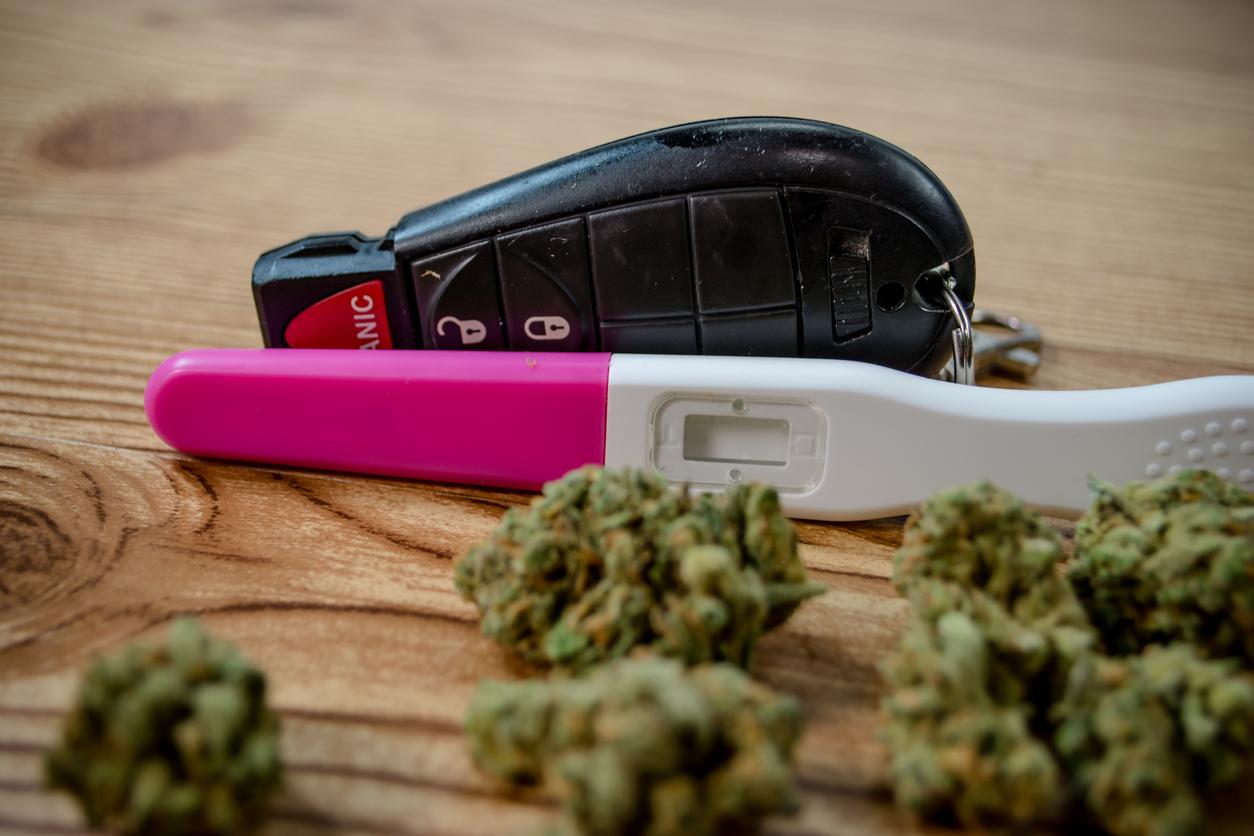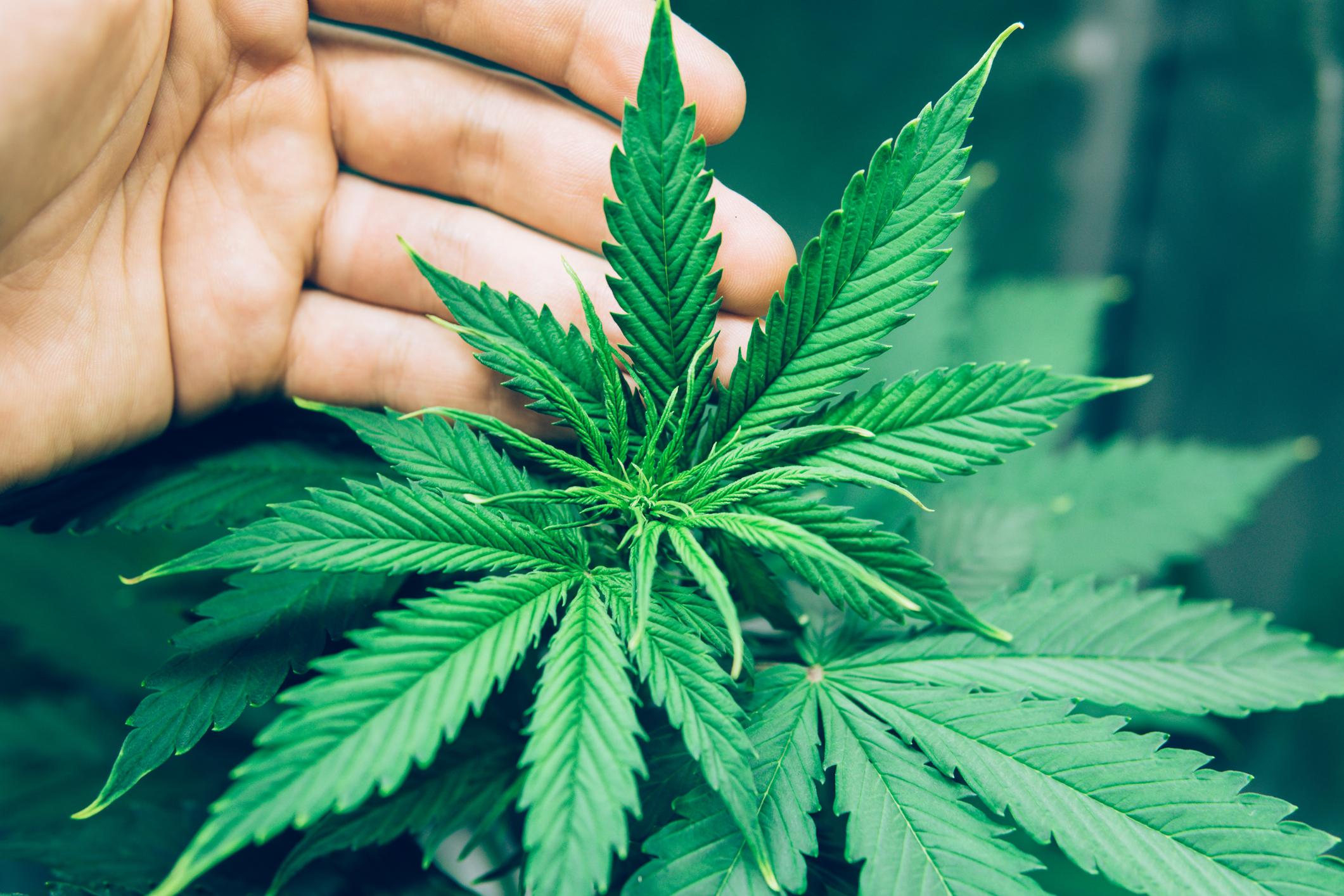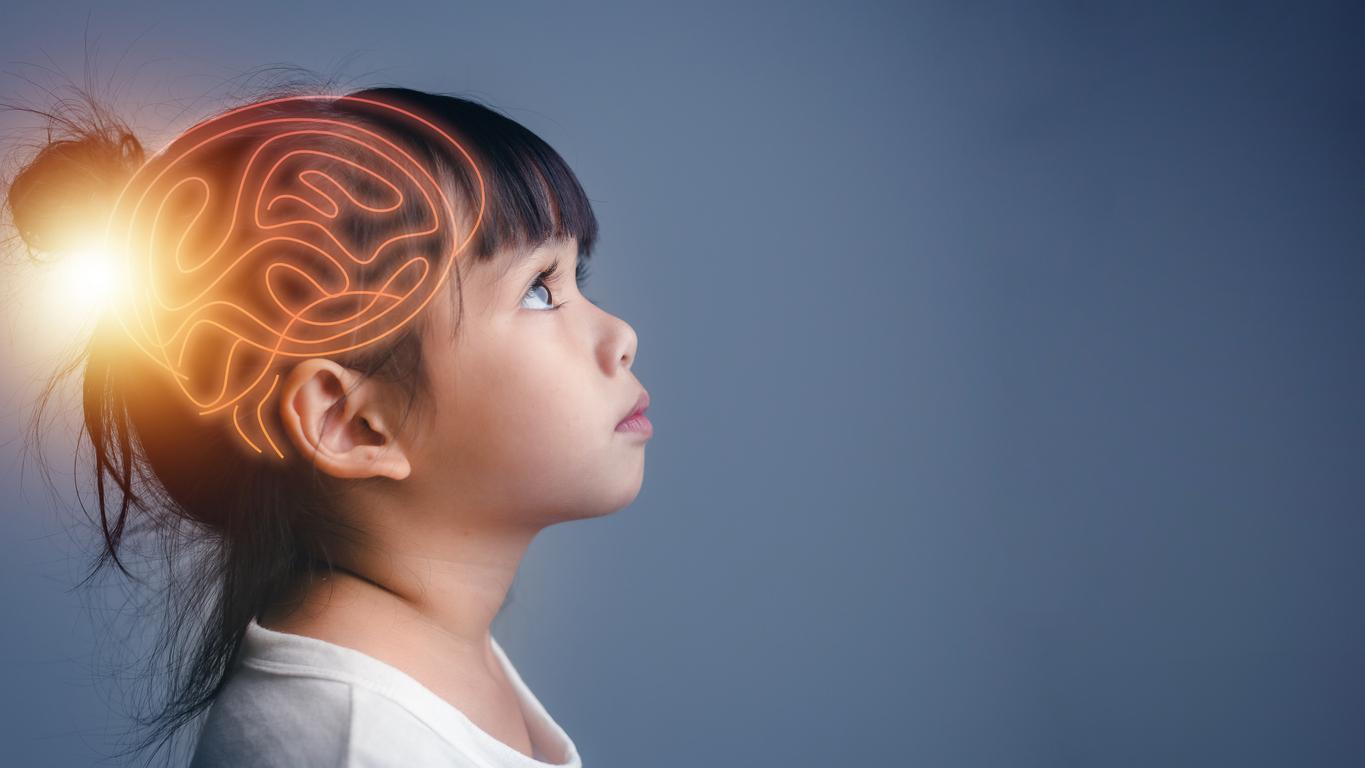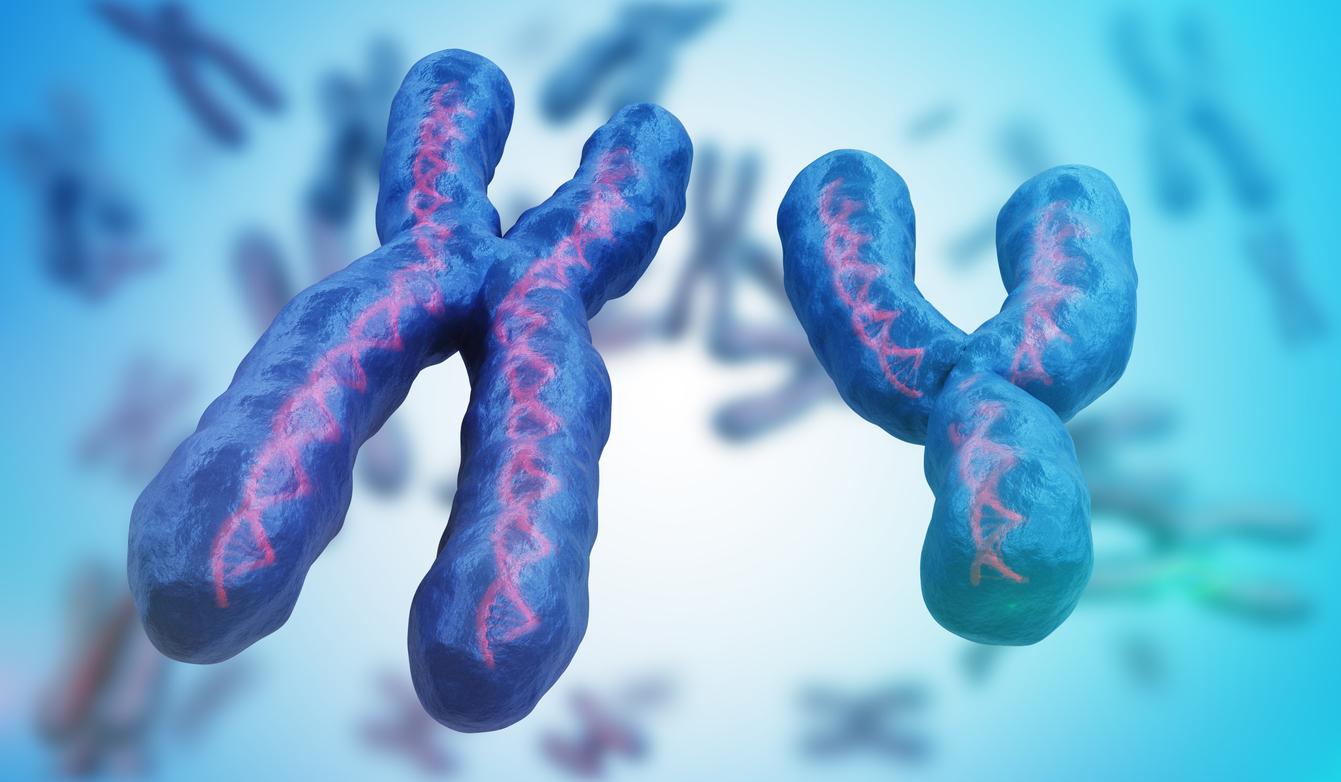Babies exposed to cannabis during pregnancy are more likely to have ADHD or autism.

- Babies exposed to cannabis before birth may be more likely to have ADHD or autism, a new study suggests.
- The results remained viable even after taking into account biasing factors such as tobacco and alcohol consumption during pregnancy or possible mental health problems of the mother.
- “Our results indicate that it is important to implement prevention and early interventions to protect children exposed to prenatal cannabis use,” the study authors conclude.
Women who use cannabis during pregnancy endanger their babies, study finds new investigation.
To arrive at this conclusion, the authors scoured scientific databases for studies investigating the relationship between prenatal cannabis use and neurodevelopmental disorders in newborns, focusing specifically on ADHD. attention deficit with or without hyperactivity) and ASD (autism spectrum disorders).
Of the 8,444 articles initially found, only 14 contained the relevant data needed for analysis – 10 related to ADHD and 4 to childhood autism. In the end, the research involved a total of 203,783 participants.
Cannabis, ADHD and ASD: “it is important to implement prevention”
The results show that children exposed to cannabis in utero had a statistically significant increased risk of developing ADHD symptoms and/or being diagnosed with the disorder. Prenatal cannabis exposure was also associated with an increased likelihood of developing ASD symptoms in children.
The results remained viable even after taking into account biasing factors such as tobacco and alcohol consumption during pregnancy or possible mental health problems of the mother.
“Our results indicate that it is important to implement prevention and early interventions to protect children exposed to prenatal cannabis use,” conclude the authors of the study.
The article titled “Prenatal cannabis use and the risk of attention deficit hyperactivity disorder and autism spectrum disorder in offspring: A systematic review and meta-analysis”, was written by Abay Woday Tadesse, Berihun Assefa Dachew, Getinet Ayano, Kim Betts and Rosa Alati.
ADHD and ASD: numbers and definition
People with ADHD show difficulty concentrating, impulsivity and agitation for at least 6 months. These symptoms have a significant impact on daily life, particularly if they are associated with other disorders (oppositional behavior, anxiety, dyslexia, etc.). 3.5 to 5.6% of school children suffer from ADHD in France.
ASD brings together a set of neurobiological disorders that affect the development of so-called people. “autistic”. They are characterized in particular by dysfunctions in communication, behaviors and activities. ASD represents between 0.2% and 0.9% of births, or around 7,500 babies each year.

For what do we consume cannabis?
Very common in France, cannabis is a plant which contains psychoactive compounds, mainly tetrahydrocannabinol (THC) and cannabidiol (CBD). It can be consumed in different forms, including smoking dried leaves and flowers, ingesting it in edibles, using oils, or even vaporizing it.
Cannabis is used recreationally for its relaxing and euphoric effects, and therapeutically to relieve symptoms such as chronic pain, anxiety and nausea. The legal status of cannabis varies greatly between countries, with some allowing its use for medical and/or recreational purposes, while others prohibit it altogether.
















